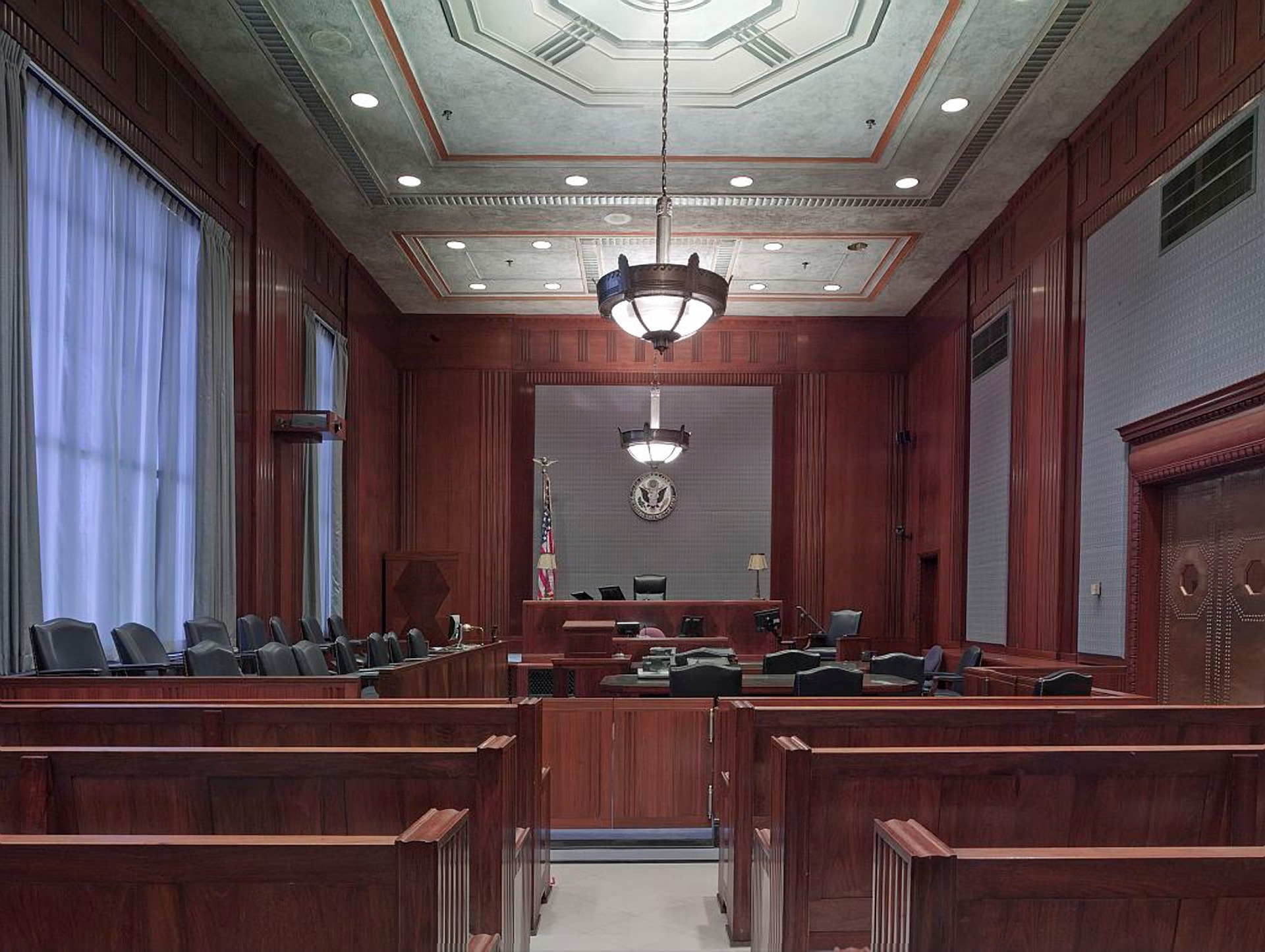Reliability of cognitive processes
Essential understandings
1. Memory is a reconstructive process and therefore is open to distortion.
2. Emotion may affect cognitive processes - either increasing or decreasing their reliability.
3. Humans are cognitive misers, often seeking shortcuts in thinking and decision making.
4. Biases affect our ability to make rational decisions.
 When we discuss the reliability of a cognitive process, we want to know how consistent is the information over time. So, in the case of memory, are our memories consistent, and thus accurate, the longer that we have them? We know from the research by Bartlett and Brewer & Treyens that memory can be influenced at the encoding stage. What about memories that are more personal? Our first date? Our first day of school? Our wedding day?
When we discuss the reliability of a cognitive process, we want to know how consistent is the information over time. So, in the case of memory, are our memories consistent, and thus accurate, the longer that we have them? We know from the research by Bartlett and Brewer & Treyens that memory can be influenced at the encoding stage. What about memories that are more personal? Our first date? Our first day of school? Our wedding day?
How reliable is memory? The legal system uses eyewitness testimony which relies on the accuracy of human memory to decide whether a person is guilty or not. Normally, juries in courts of law take eyewitness testimony very seriously, but recently the use of DNA technology has demonstrated what some psychologists have claimed for years: eyewitnesses can be wrong. Researchers have demonstrated that memory may not be as reliable as we think.
ATL: Inquiry
Before we look at the research on the reliability of cognitive processes, let's do a little of our own research on just how reliable our memories are. To do this activity, you should have at least three other students doing the same task.
Take a few minutes to write down a description of one of the following things:
- The first day of this school year.
- A description of a favourite teacher's classroom from elementary school
- A description of a field trip that you went on in the last 12 months.
After you have all written your descriptions, swap papers. Do you agree with what your classmates wrote? Are there errors? What did you realize that you had forgotten when you wrote your own description? Why do you think that these differences exist between your descriptions of the same event or place?
From Freud to the 21st century
 Sigmund Freud (1856–1939) was convinced that forgetting was caused by repression. According to Freud, people who experience intense emotional and anxiety-provoking events may use defense mechanisms, such as repression, to protect their conscious self from knowing things that they cannot cope with. They send the dangerous memories to the unconscious, which means that they will deny it ever happened. However, the memory will continue to haunt them in symbolic forms in their dreams and lead to feelings of anxiety - or, in German, Angst - until a therapist is able to retrieve the memory using specific techniques.
Sigmund Freud (1856–1939) was convinced that forgetting was caused by repression. According to Freud, people who experience intense emotional and anxiety-provoking events may use defense mechanisms, such as repression, to protect their conscious self from knowing things that they cannot cope with. They send the dangerous memories to the unconscious, which means that they will deny it ever happened. However, the memory will continue to haunt them in symbolic forms in their dreams and lead to feelings of anxiety - or, in German, Angst - until a therapist is able to retrieve the memory using specific techniques.
Some researchers claim that these techniques can create false memories, which people believe to be true. Victims of child abuse may not want to remember their traumatic experiences, but is it possible to totally forget these things? This is exactly what the controversy of false memories is about. The media have described cases where people say they have recovered memories of child sexual abuse during therapy. The psychotherapist would not be surprised because the aim of therapy is to gain access to the unconscious.
The US cognitive psychologist Elizabeth Loftus does not deny that child abuse happens, but she has argued that some of the recovered memories may simply be created by post-event information during therapy. Her laboratory research has supported the case that it is possible to manipulate people’s memories - and that memories, even as intense as those related to abuse, may not always be reliable.
To test this under controlled conditions, Loftus & Pickerell carried out a study to see if they could get university students to experience a false memory.
Research in psychology: Loftus & Pickerell (1995)
 Loftus & Pickerell carried out a study on false memories which has come to be known as the "Lost in the Mall" study. The aim of the study was to determine if false memories of autobiographical events can be created through the power of suggestion.
Loftus & Pickerell carried out a study on false memories which has come to be known as the "Lost in the Mall" study. The aim of the study was to determine if false memories of autobiographical events can be created through the power of suggestion.
Three males and 21 females were the participants. Before the study, a parent or sibling of the participant was contacted and asked two questions. First, "Could you tell me three childhood memories of the participant?" Second, "Do you remember a time when the participant was lost in a mall?" Data was only used if the answer to the second question was "no."
The participants then received a questionnaire in the mail. There were four memories that they were asked to write about and then mail back the questionnaire to the psychologists. Three events were real and one was “getting lost in the mall.” They were instructed that if they didn’t remember the event, they should simply write “I do not remember this.”
The participants were interviewed twice over a period of four weeks. They were asked to recall as much information as they could about the four events. Then they were asked to rate their level of confidence about the memories on a scale of 1 - 10. After the second interview, they were debriefed and asked if they could guess which of the memories was the false memory.
About 25% of the participants “recalled” the false memory. However, they also ranked this memory as less confident than the other memories and they wrote less about the memory on their questionnaire.
Although this is often seen as strong evidence of the power of suggestion in creating false memories, only 25% of the participants had them. The study does not tell us why some participants were more susceptible to these memories than others, but it does show that the creation of false memories is possible.
ATL: Thinking critically about research
Answer each of the following questions with regard to the "Lost in the Mall" study.
1. How would you describe the ecological validity of this study?
Ecological validity was high as people were talking about their childhood memories. This is a very natural thing to do. Although they started by filling out a questionnaire, this was followed up with two one-on-one interviews. Remember, just because a study may take place in a laboratory does not mean that it automatically has low ecological validity.
2. What is one ethical concern of this study?
There are ethical concerns about the deception used in this study. The researchers told the participants that they had received these stories from the participants' parents. This means that in the debriefing this deception would have to be revealed and the participants would have the right of withdrawal from the study. Additionally, there is a concern that psychologists are "inducing false memories."
3. What role might demand characteristics have played in the findings?
It is not really possible to know if the participants have an actual false memory of being lost in the mall. The researchers are dependent on what the participants tell them. Since they believe that this is something that their parents told the researchers, they may be confirming the story because they don't want to look foolish (social desirability effect) or they want to help the researchers out with their study (expectancy effect). Even though they said that they had recalled the memory, they also were not as confident about this memory as the other three memories.
Reliability and decision-making
When discussing thinking and decision-making, it is difficult to really talk about "reliability." Instead, we could talk about how effectively we can actually make decisions. Remember from the beginning of this chapter that Fiske and Taylor argue that we are "cognitive misers." We take shortcuts because thinking takes a lot of energy. Often we choose to take the less difficult road because we don't have the energy or resources to make a more complex, informed decision. In addition, like with memory, we are influenced by social and cultural factors. We also have biases that influence our decision-making. This chapter will examine how these cognitive biases influence the way we make decisions.

 IB Docs (2) Team
IB Docs (2) Team
